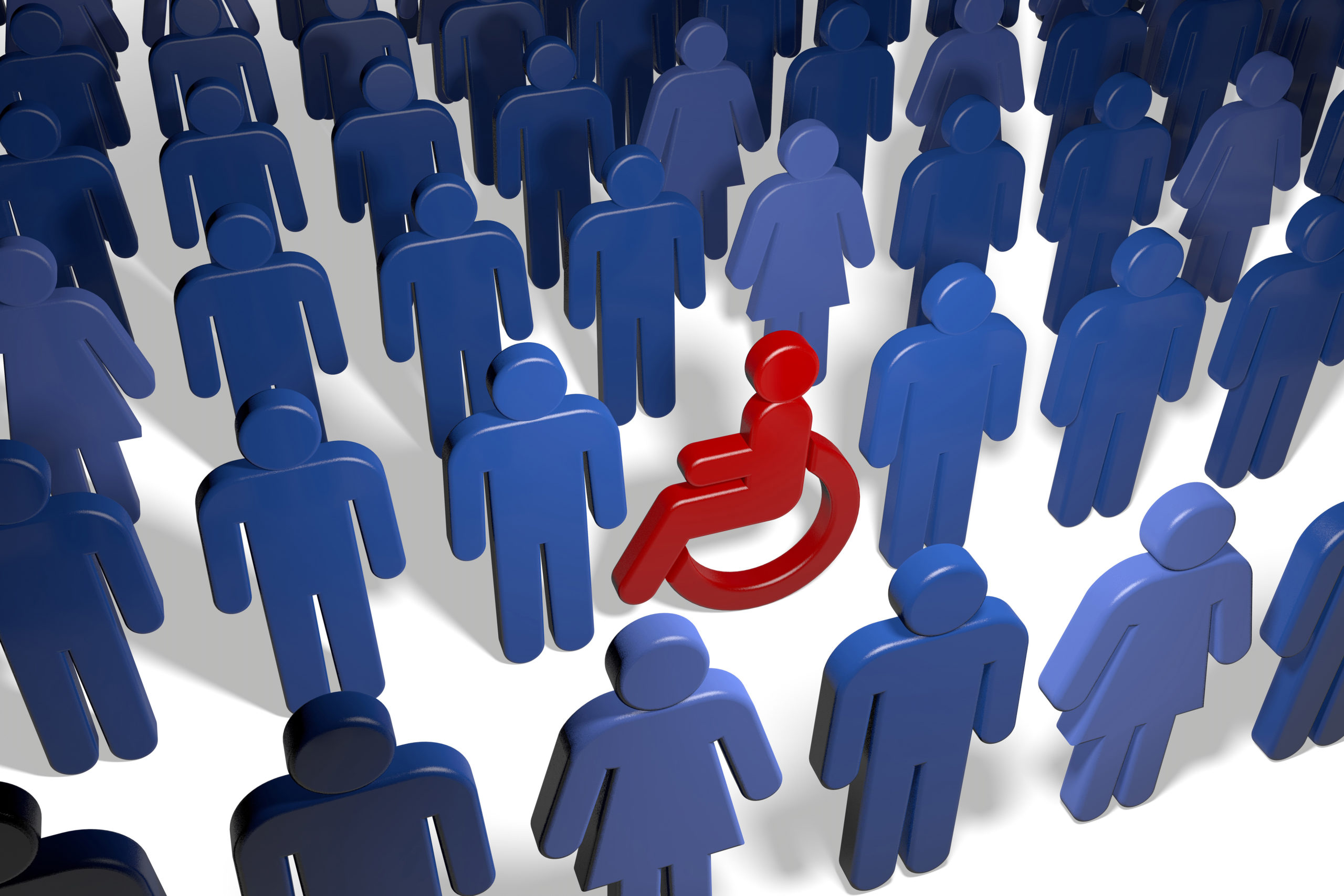When someone causes harm to another person because they failed to follow a certain standard of conduct, that person can legally be held responsible. In law, this concept is known as negligence. In other words, negligence is the legal concept where people are held accountable for their wrongful actions.
But what if you can’t prove negligence? Is there any other basis for liability? In short, the answer is yes. In California, a person can be held liable even if they did not act negligently.
Strict Liability
In California, manufacturers and designers can be held strictly liable for defective products. In this case, the injured person doesn’t have to prove negligence on the part of the manufacturer. Alternatively, you just have to prove that the product was manufactured or designed in a way that made it extremely dangerous when used as intended.
To prove strict liability, you must demonstrate three (3) things including:
- The defendant manufactured a product that is dangerously defective or engaged in an activity or conduct that is dangerous
- You were harmed by the product, activity, or conduct
- You suffered damages
The law also recognizes strict liability when domestic animals such as dogs with known dangerous tendencies harms a person. According to California law, the victim doesn’t even need to show any actual bite wounds to hold the dog owner liable for injuries related to the attack. Even if the dog didn’t break the skin of the victim, the dog owner is still liable.
Another example of strict liability is speeding. The law enforcement agency that prosecutes a person for speeding doesn’t have to prove that you intended to speed – only that the car you’re driving exceeded the posted speed limit. In this case, speeding is a major contributor to traffic accidents and can cause harm. Whether the person driving the car intended to speed is irrelevant because speeding is considered dangerous.
Intentional Wrongs
Aside from negligence and strict liability, intentional wrongs can also be used as a basis for an injury claim.
An intentional wrong is based on deliberate action, rather than negligence or carelessness. For example, when someone hits you, you may be able to file a suit for battery. Another example of an intentional wrong includes assault – when someone threatens you with physical violence. If you’ve been wrongly detained for shoplifting at a store, you may be able to file a suit for false imprisonment.
To proceed with a claim based on an intentional wrong, the victim must show that the defendant acted deliberately. In other words, you must show that the defendant acted intentionally with knowledge that an injury would likely occur as a result of their action.
Contact a Personal Injury Claims Attorney Today
If you suffered injuries due to someone else’s actions, you have the right to claim damages against the party at fault. An experienced attorney at Mesriani Law Group can help you with your personal injury claims and get you the justice you deserve. Contact our office today for your free consultation.








